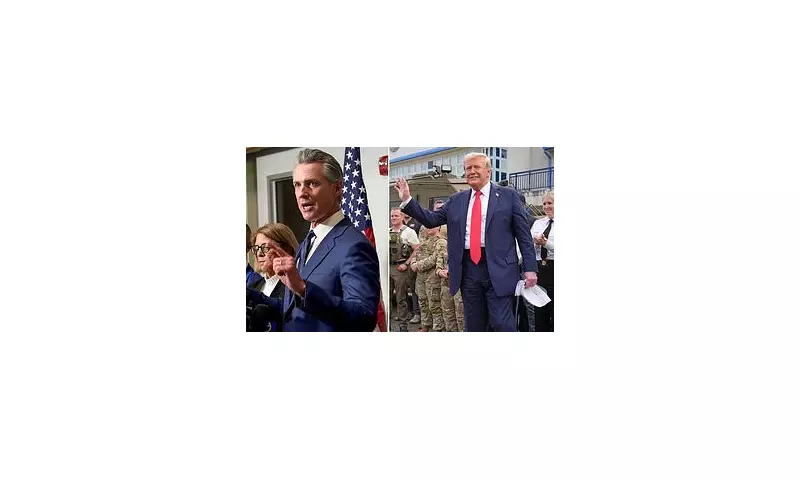
In a political manoeuvre that has sent shockwaves across the United States, California Governor Gavin Newsom has officially struck Donald Trump's name from the state's presidential primary ballot. The controversial decision, rooted in the rarely invoked 'insurrection clause' of the 14th Amendment, marks a dramatic escalation in the legal and political war against the former president.
The Constitutional Clause at the Heart of the Storm
The action hinges on Section 3 of the 14th Amendment, a post-Civil War provision designed to prevent those who have engaged in insurrection against the United States from holding public office. Governor Newsom's administration contends that Mr. Trump's actions leading up to and on January 6th, 2021, squarely fit this definition.
This is not merely a procedural formality; it is a direct and forceful challenge. By taking this step, California, with its massive trove of electoral votes, becomes the most significant battleground in this emerging constitutional fight.
A Nation Divided: Legal Precedent or Political Partisanship?
The move has instantly polarised the American political landscape. Supporters hail it as a courageous and necessary upholding of the Constitution, a vital safeguard for democracy itself. They argue that allowing a candidate who allegedly incited an insurrection to run again would make a mockery of the nation's foundational laws.
Conversely, critics and Trump allies have condemned the decision as a blatant act of partisan election interference and a dangerous subversion of the democratic process. They warn it sets a perilous precedent where state officials can disenfranchise millions of voters by unilaterally removing candidates they dislike.
The Inevitable Legal Onslaught
This decision is widely seen as the opening salvo in a legal battle that is almost certain to be decided by the highest court in the land. Mr. Trump's legal team is expected to immediately file challenges, arguing that the governor has overstepped his authority and that the 14th Amendment's clause was never intended for such an application without a formal criminal conviction.
The eyes of the nation are now fixed on the courts, as the outcome in California could inspire similar actions in other states or, alternatively, shut them down entirely. The resolution of this conflict will have profound and lasting implications for the 2024 presidential race and the interpretation of the U.S. Constitution for generations to come.





